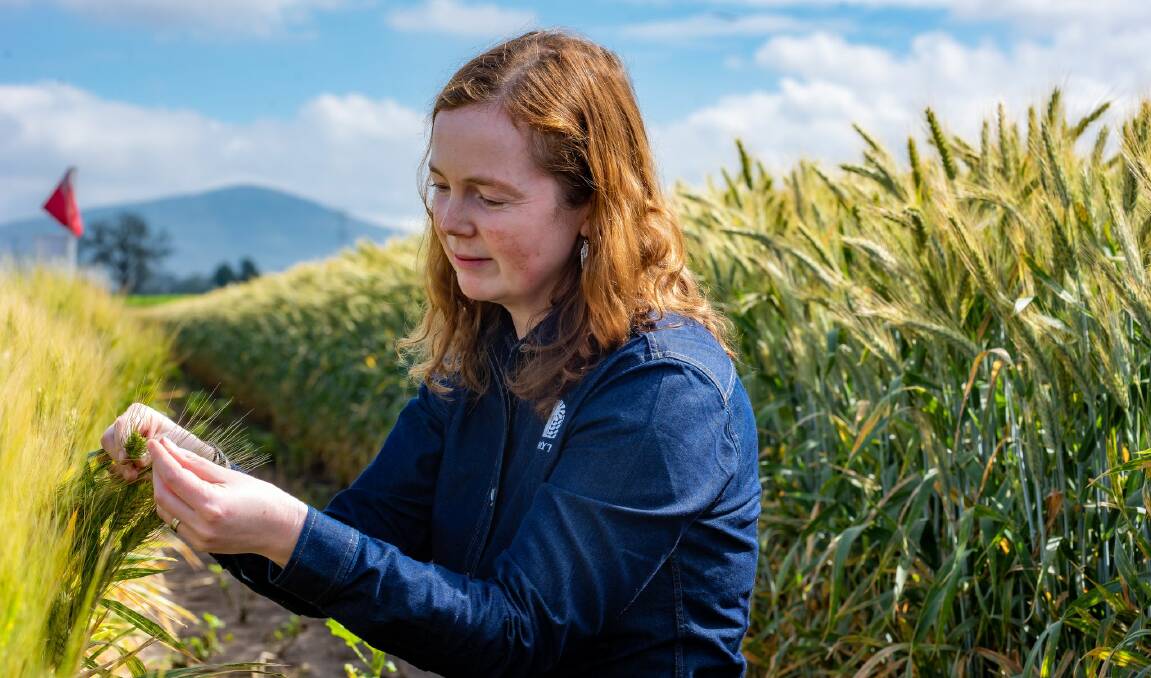
A LEADING Australian wheat breeder now the program director of the International Maize and Wheat Improvement Centre (CIMMYT) has said there is the scope for exciting breakthroughs in the wheat breeding space in coming years.
Subscribe now for unlimited access to all our agricultural news
across the nation
or signup to continue reading
Alison Bentley is based in Mexico where she heads up CIMMYT's global wheat breeding program managing a team of 40 scientists to help develop new lines of wheat.
While Dr Bentley said CIMMYT's main brief was to provide germplasm to help create better varieties for the developing world, there is plenty happening within the global program of interest to Australian wheat growers.
She said the developments in plant breeding, particularly 'speed breeding' which involves concepts such as high throughput phenotyping and genomic selection to help speed up the previously laborious breeding process were good news for Australian wheat growers.
Dr Bentley said despite the differences in farming practices between Australia and the developing world the key concepts remained the same.
Just like humans, stress knocks wheat around severely, so getting varieties able to better cope with heat, frost or even excess moisture will go a long way to seeing better yields in tough seasons.
"They're looking for robust genetic material that can cope with extremes, such as heat or frost stress, they're looking for varieties that can cope with disease, a lot of the key aims are the same across the globe," Dr Bentley said.
She said there were significant amounts of germplasm and genetic material from ancient varieties and wild relatives of wheat.
"There are some great collections of material out there for the breeders to work with, we just have to work our way through it."
Dr Bentley said CIMMYT breeders were also committed to working in more closely with growers and their customers about what was wanted.
"It is no good having these drought tolerant varieties if the quality attributes don't fit what the market wants," she said.
"We need to keep liaising with growers and the end users to more systematically understand demand in order to better bridge that gap between breeding and adaptation."
She said improved techniques and breeding conditions were helping to speed up the notoriously breeding slow process.
"We're able to speed things up a bit which is making things a lot easier," Dr Bentley said.
But it is not just the breeding side required to keep the world in wheat.
"We need to work closely with our colleagues across the globe and share expertise and information.
"With crop diseases like the Ug99 strain of rust you can see how quickly things can move, so we need to be able to share information and help to stop these disease epidemics."
Start the day with all the big news in agriculture! Sign up below to receive our daily Farmonline newsletter.


